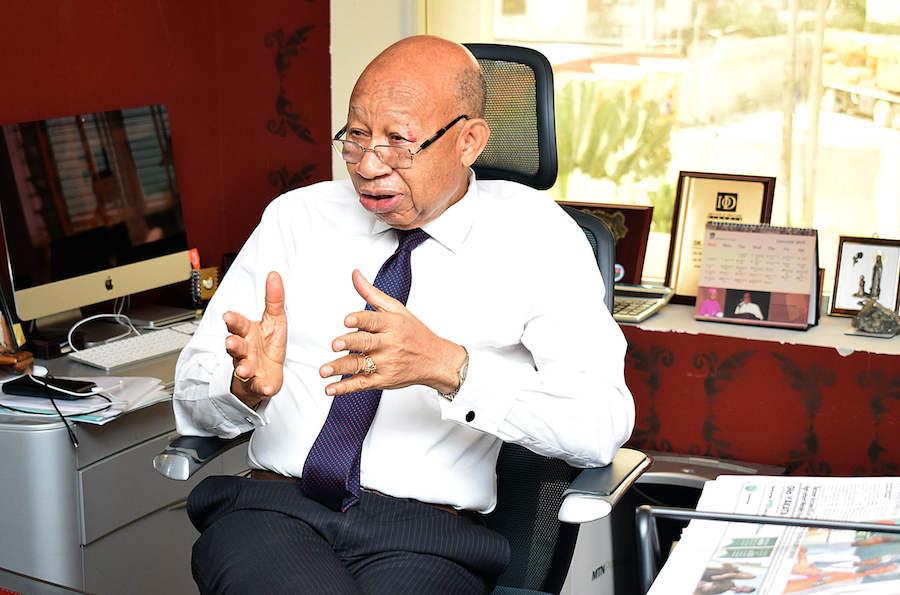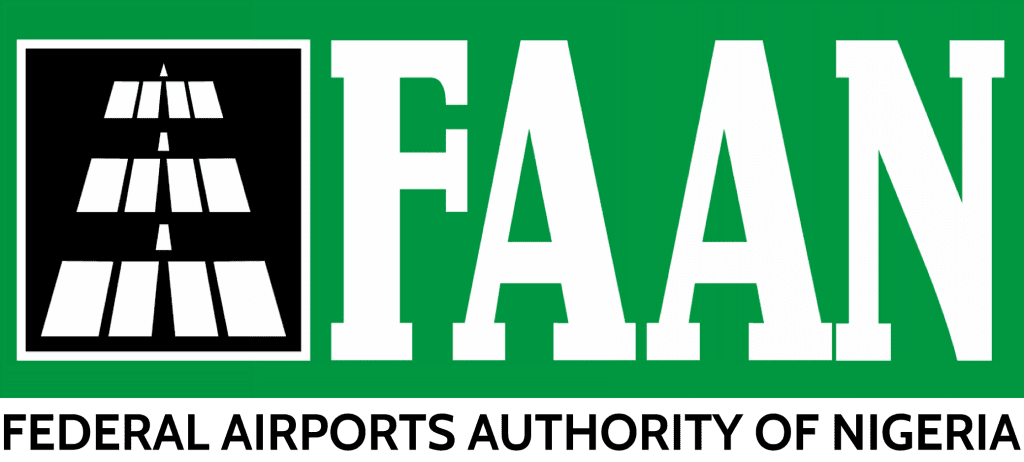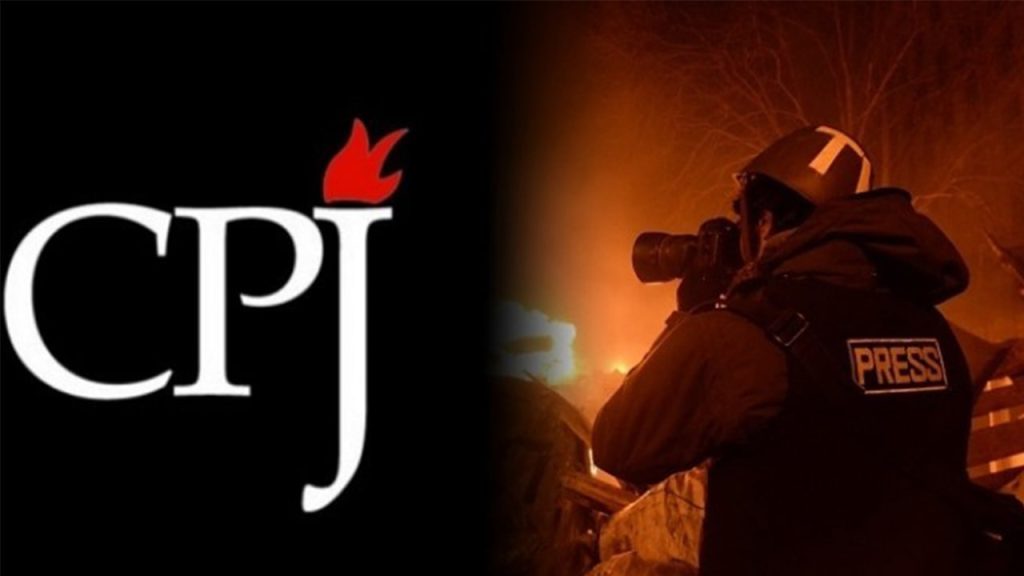Jude Okoye, the elder brother and former manager of the renowned Nigerian music duo P-Square, comprising Peter (Mr. P) and Paul (Rudeboy) Okoye, is currently embroiled in legal battles over allegations of fraud and money laundering. These charges have not only brought him under intense public scrutiny but have also shed light on the intricate financial dealings within the Nigerian music industry.
Initial Arraignment and Charges
On February 26, 2025, the Economic and Financial Crimes Commission (EFCC) arraigned Jude Okoye alongside his company, Northside Music Limited, before the Federal High Court in Lagos. The charges encompassed:
-
Money Laundering: Alleged involvement in laundering funds totaling N1.38 billion, $1 million, and £34,537.59.
-
Property Acquisition: Accusations of acquiring a property valued at N850 million located at No. 5 Tony Eromosele Street, Parkview Estate, Ikoyi, Lagos, in 2022, with funds suspected to be proceeds of unlawful activities.
-
Currency Conversion: Allegations of using a Bureau De Change to convert $1,019,762.87 from an Access Bank account operated by Northside Music Limited into naira, subsequently transferring these funds across various bank accounts to obscure their illicit origin.
Jude Okoye pleaded not guilty to all charges during this arraignment.
Subsequent Charges
In addition to the initial charges, the EFCC filed a four-count charge against Jude Okoye, accusing him of dishonestly converting substantial sums meant for music digital distribution and publishing royalties intended for his brother, Peter Okoye. The specifics include:
-
$767,544.15: Paid by Lex Records Limited.
-
£34,537.59: Also from Lex Records Limited.
-
$133,566.49: From Kobalt Music.
-
$118,652.23: From Mtech Limited.
These alleged offenses reportedly occurred between 2016 and 2023.
Bail Proceedings
Following his plea of not guilty, Jude Okoye’s legal team, led by Inibehe Effiong, applied for bail on medical grounds. The prosecution opposed this application, citing concerns that Okoye might be a flight risk and could potentially interfere with witnesses.
After considering both arguments, Justice Alexander Owoeye granted bail under the following conditions:
-
Bail Amount: N100 million.
-
Sureties: Two sureties in like sum; one must own landed property within the court’s jurisdiction, and the other must be a business owner with a verifiable address. Both sureties are required to provide an affidavit of means.
-
Travel Restrictions: Okoye is prohibited from traveling outside Nigeria without court approval.
-
Custody: He is to remain in custody until all bail conditions are met.
Family Dynamics and Allegations
The legal proceedings have unveiled underlying tensions within the Okoye family. Paul Okoye (Rudeboy) publicly accused his twin brother, Peter Okoye (Mr. P), of orchestrating Jude’s legal troubles by filing a petition with the EFCC alleging financial mismanagement. This accusation has added a layer of complexity to the case, intertwining familial relationships with legal allegations.
Industry Reactions
The Nigerian entertainment industry has been abuzz with reactions to Jude Okoye’s legal challenges. Colleagues and fans have expressed shock and concern over the allegations. Some industry insiders believe this case could prompt a reevaluation of financial transparency and management practices within the sector.
Legal Implications
The charges against Jude Okoye are severe, with potential penalties including significant fines and lengthy imprisonment if convicted. The case underscores the EFCC’s commitment to combating financial crimes, even when they involve high-profile individuals in the entertainment industry.
Next Steps
The trial is scheduled to commence on April 14, 2025. As the legal process unfolds, it is anticipated that more details will emerge, providing clearer insights into the allegations and the defense’s counterarguments.
Conclusion
The allegations against Jude Okoye have cast a spotlight on the importance of financial integrity and transparency in the Nigerian music industry. As the case progresses, it serves as a critical reminder of the legal and ethical responsibilities that come with managing substantial financial assets in the entertainment sector.













